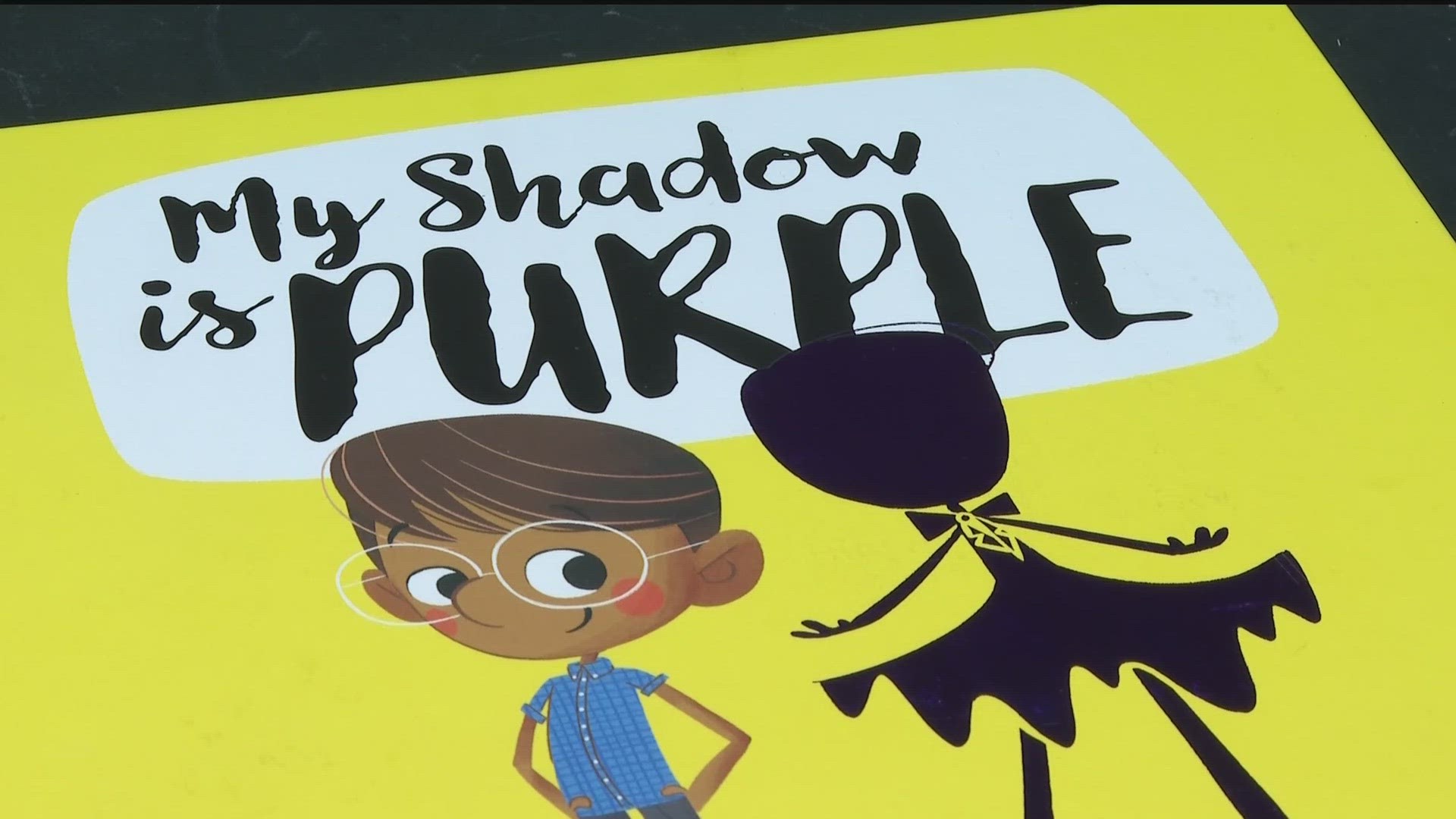COBB COUNTY, Ga. — A Cobb County teacher who was terminated is figuring out what's next. Katie Rinderle's job at Due West Elementary was a casualty in a war of words and policies.
The fifth-grade teacher was fired following a 4-3 vote by the Cobb County school board Thursday night.
"This was politics unfortunately, this was the culture wars come home to Cobb County," Rinderle's attorney, Craig Goodmark, said.
“She’s disappointed. I think she still does not understand why she was terminated. The laws and policies raised against her contain terms that are undefinable, the limits of which are almost unknowable," Goodmark added. "They’re vague. They really give nobody any fair warning that you could be fired from them.”
Goodmark said Georgia HB 1084, passed last year and more commonly known as the "divisive concepts" law, makes talking about certain concepts in the classroom illegal. The Cobb County School Board mulled Rinderle's decision to read a book featuring a non-binary character to her class.
The school board rejected advice from a tribunal to save Rinderle's job and instead, fired her five months after a parent reportedly complained about the book being read to the class. Goodmark said Rinderle's students voted to read the book, but some parents disagreed.
"I will protect that baby girl until the ends of the Earth, and I don't want the teachers indoctrinating them," grandparent Pamela Reardon said. "I want the parents to be parents and the teachers to teach, that's it."
Emory University law professor Alexander Volokh said Georgia's new law can be seen as vague, but school districts' interpretation of it can generally be upheld. He suggested not pursuing a lawsuit based on violation of the First Amendment of the Constitution.
"The courts would say the government is entitled to tell teachers what they can and can't talk about in class," Volokh said. "Outside of class, in their private lives, on social media, maybe that's a different mater."
Volokh said the likeliest way to change the law would be through voting, either through appointing new school board members or legislators.
Goodmark said Rinderle is still eligible to teach in Georgia and has fielded inquiries from interested school districts across the state. The teacher can also appeal to the state board of education and explore other legal options. While that could take a long time, Goodmark said Rinderle is willing to take the time necessary to secure her civil liberties and rights.
"She was fired for sticking up for people who may be different or who may be having a difficult time in the school community," Goodmark said. "The appeals may take time, but Katie is determined. She wanted to be a teacher in Cobb County. She had given everything to that. She's going to be a teacher again in Georgia."

